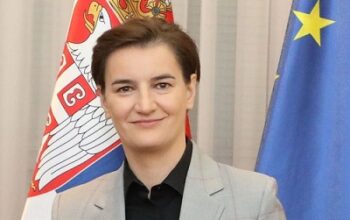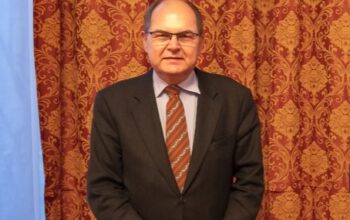In New Eastern Europe, Ivan Pepic, an associate of the Institute for Social and Political Research in Mostar, calls for the next international High Representative in BiH to work “towards preserving the fragile balance between three ethnic groups in the country.”
Pepic also points out the lack of any legal basis for the sweeping powers claimed by the Office of the High Representative (OHR).
It is important to point out that the PIC Steering Board has not been given power by any international organisation and does not have the status of a UN subsidiary body. It is therefore unclear how the OHR has been transformed from programme coordinator into a “European protector” in Bosnia and Herzegovina with executive binding superpowers.
The High Representative naturally responded that “if you read Dayton very carefully, Annex 10 even gives me the possibility to interpret my own authorities and powers,” as did the former position holder, Carlos Westendorp, in 1997. Under international law, however, international organisations cannot generate or determine their own competencies and powers.


